- Overview
- What is EPR for Battery Waste?
- Who Needs EPR Registration for Battery Waste
- Legal Framework
- Certification Process
- Documents Required
- Types of Batteries Covered Under EPR
- Penalties for Non-Compliance
- Benefits of EPR Certification for Battery Waste
- How SS Global Services Helps
- Frequently Asked Questions (FAQ)
Overview
Battery waste is one of the fastest-growing categories of hazardous waste in India, largely driven by rising demand for electronic products, EVs, and portable devices. To manage this growing challenge, the Government of India has introduced the Extended Producer Responsibility (EPR) framework for batteries, which makes manufacturers, importers, and brand owners accountable for the collection and environmentally sound recycling of used batteries.
The framework is governed by the Battery Waste Management Rules, 2022, ensuring that the environmental impact of discarded batteries is minimized and valuable materials are recovered for reuse. Unlike earlier rules that focused mainly on lead-acid batteries, the new framework covers all types of batteries—automotive, industrial, portable, and electric vehicle (EV) batteries.
By shifting the responsibility from end consumers to producers, the EPR system ensures that waste management is carried out in a structured and transparent manner. The Central Pollution Control Board (CPCB) and State Pollution Control Boards (SPCBs) oversee its implementation, ensuring strict compliance at every level.
Overall, EPR for battery waste is not just a regulatory requirement but a crucial step in protecting public health, reducing environmental hazards, and promoting a circular economy.
As a leading EPR for Battery Waste Certification Consultant in India, SS Global Services provides complete support to producers, importers, and brand owners with CPCB portal registration, documentation, and fast EPR authorization, ensuring smooth compliance and timely fulfillment of annual targets.
Get Service NowWhat is EPR for Battery Waste?
Extended Producer Responsibility (EPR) for battery waste is a regulatory framework that makes manufacturers, importers, and brand owners responsible for the collection, recycling, and safe disposal of used batteries in India. Under this system, producers are required to ensure that batteries introduced in the market are collected at the end of their life cycle and are recycled through authorized recyclers, preventing harmful chemicals and heavy metals from contaminating the environment.
Concept of EPR for Batteries
The concept of EPR shifts the post-consumer waste management responsibility from government authorities to the producers and importers themselves. Instead of discarding batteries as municipal waste, EPR ensures a circular economy model where batteries are collected, processed, and recycled in an environmentally sound manner. This helps conserve resources, reduces landfill pressure, and promotes sustainable recycling practices.
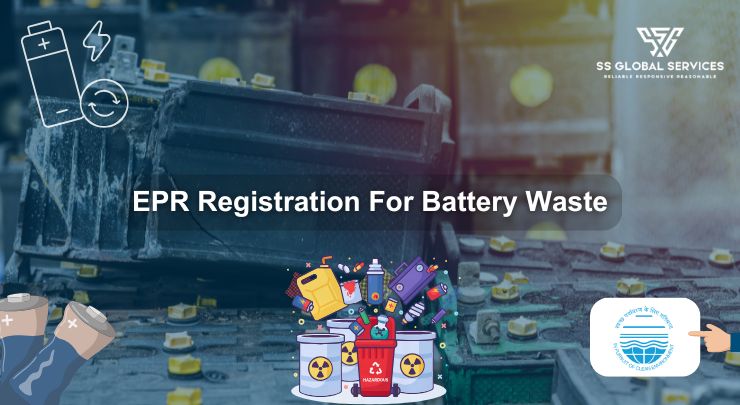
Battery Waste Management Rules (BWM Rules, 2022):
The Battery Waste Management Rules, 2022, notified by the Ministry of Environment, Forest and Climate Change (MoEFCC), provide the legal foundation for EPR in India. These rules apply to all types of batteries – portable, automotive, industrial, and electric vehicle batteries – and mandate producers to register on the CPCB’s centralized EPR portal. Producers must also meet annual collection and recycling targets as per the guidelines, failing which strict penalties are imposed.
Role of CPCB and SPCBs:
The Central Pollution Control Board (CPCB) is the primary authority responsible for implementing and monitoring EPR obligations for battery waste at the national level. It manages the centralized online portal for registration, target allocation, and compliance tracking. Meanwhile, State Pollution Control Boards (SPCBs) oversee compliance at the regional level, conduct inspections, and enforce rules against violators. Together, CPCB and SPCBs ensure accountability and promote effective waste management practices across states.
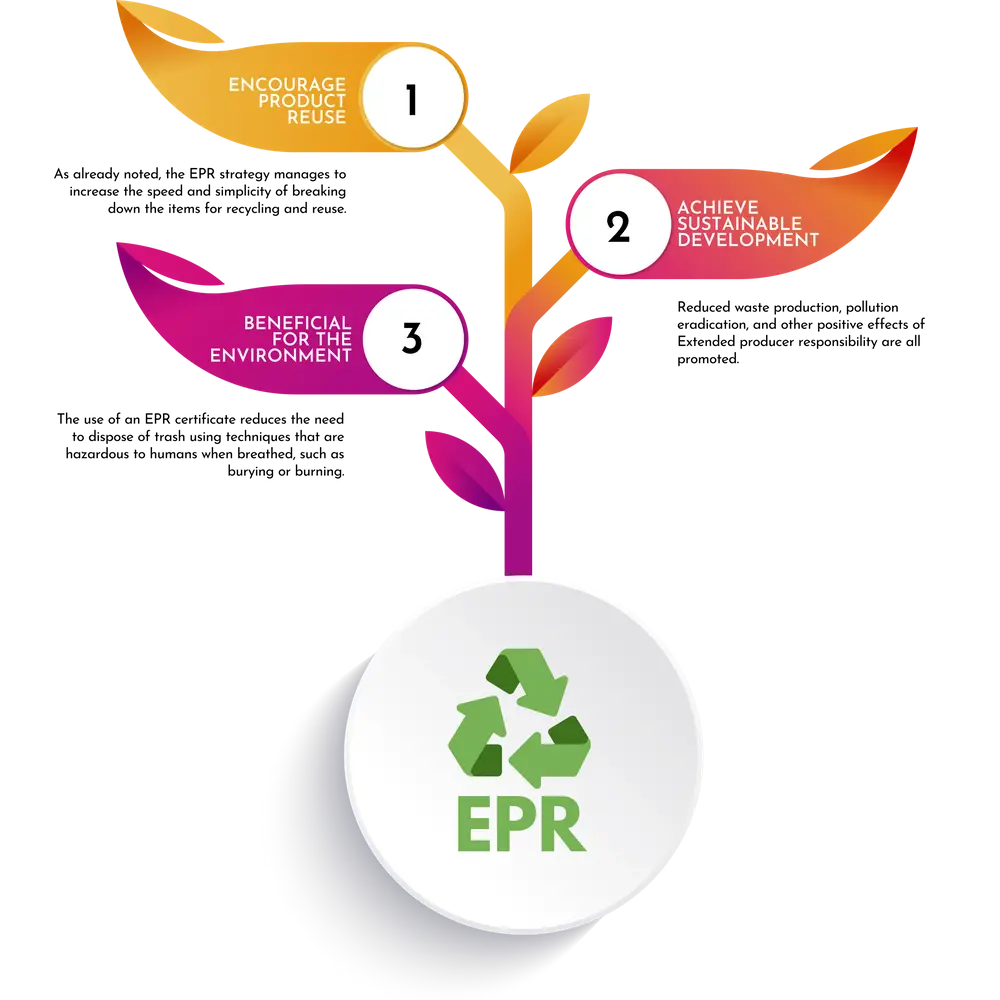
Why EPR is Mandatory for Battery Waste in India
Battery waste contains hazardous substances such as lead, mercury, cadmium, and lithium, which can severely harm human health and the environment if not managed properly. To address these risks, the Battery Waste Management Rules, 2022 make it mandatory for producers, importers, and brand owners (PIBOs) to implement EPR. The rules ensure that companies take responsibility for the end-of-life management of batteries they place in the market.
- Legal basis:
The mandate comes directly from the BWM Rules, 2022, making non-compliance punishable with environmental compensation and penalties.
- Extended responsibility:
PIBOs must ensure proper collection, recycling, or refurbishment of waste batteries through registered recyclers.
- Environmental and health protection:
Effective recycling prevents soil and water contamination, reduces the risk of toxic exposure to workers and communities, and supports India’s sustainable development goals.
Who Needs EPR Registration for Battery Waste?
EPR registration ensures that all batteries introduced in the Indian market are responsibly collected, recycled, and disposed of. The following entities are required to register under the Battery Waste Management Rules, 2022:
- Battery Producers (Importers & Manufacturers):
Companies manufacturing or importing batteries, whether portable, automotive, industrial, or EV batteries, must obtain EPR registration to ensure proper end-of-life management.
- Battery Recyclers:
Authorized recyclers involved in dismantling and recovering materials from used batteries are required to register for compliance with CPCB guidelines.
- Battery Refurbishers:
Entities engaged in refurbishing or extending the life of batteries must also register to promote safe reuse and sustainable waste management.
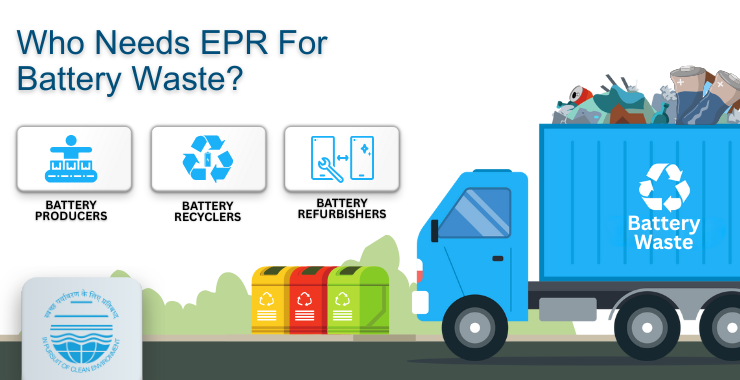
Legal Framework for EPR Battery Waste in India
The EPR system for battery waste in India is governed by the Battery Waste Management Rules (BWM Rules), 2022, which provide the legal foundation for collection, recycling, and disposal of batteries. These rules clearly define the responsibilities of producers, importers, brand owners, and bulk consumers, ensuring that all stakeholders manage battery waste in an environmentally responsible manner.
The Central Pollution Control Board (CPCB) issues guidelines and Standard Operating Procedures (SOPs) to help stakeholders comply with these rules. Producers are required to register on the CPCB EPR Battery Portal, maintain records of collected and recycled batteries, and coordinate with authorized recyclers to meet their annual targets. The State Pollution Control Boards (SPCBs) monitor regional compliance and conduct inspections to ensure adherence to regulations.
Non-compliance with the BWM Rules can result in strict penalties, including fines, suspension of business operations, or legal action. These measures emphasize the importance of adhering to the legal framework and encourage responsible battery waste management practices across India.
Process of EPR Registration for Battery Waste
Getting an EPR (Extended Producer Responsibility) Registration for Battery Waste is a mandatory step for producers, importers, and brand owners under the Battery Waste Management Rules, 2022. The registration process is carried out through the official CPCB EPR Battery Portal and involves the following steps.
- 1. Business Assessment:
Identify whether your business qualifies as a battery producer, importer, brand owner, or bulk consumer under the BWM Rules.
- 2. Register on the CPCB EPR Portal:
Register on the official CPCB EPR Battery Portal (eprbattery.cpcb.gov.in) by creating an account as a Producer, Importer, or Brand Owner. Provide details such as company name, PAN, GST, CIN, and contact information.
- 3. Submit Application and Documents:
Fill in the online application form with your company profile, type of batteries handled, and business operations. Upload required documents such as the incorporation certificate, GST, PAN, and other compliance details.
- 4. EPR Plan Submission
Submit your mandatory Extended Producer Responsibility (EPR) Plan that includes collection, recycling, and disposal strategies for battery waste. Clearly mention recycling tie-ups and targets for collection of used batteries.
- 5. Verification by CPCB:
CPCB reviews your application and EPR Plan for accuracy and compliance. If required, additional clarifications may be sought before granting approval.
- 6. Grant of EPR Registration:
Once verified, CPCB issues the official EPR certificate, legally authorizing your company to produce, import, or sell battery products in India while fulfilling all collection and recycling responsibilities.
Step-by-Step Registration Process:

Note: Completing the EPR Battery Waste registration is only the first step toward compliance. Proper record-keeping, regular reporting, and adherence to CPCB guidelines are crucial to maintain authorization and avoid penalties. With the right compliance partner, businesses can focus on growth while staying fully aligned with environmental regulations.
Ongoing Compliance
- Annual Returns:
File annual returns with CPCB detailing the quantity of batteries placed on the market and the amount collected/recycled.
- Collection & Recycling Targets:
Meet mandatory recycling targets as per the BWM Rules, 2022.
- Authorized Recyclers:
Ensure waste is handed over only to CPCB-registered recyclers.
- Proper Record Keeping:
Maintain transparent records of sales, collection, and recycling.
Renewal of EPR Registration
- Validity of Registration:
EPR Registration is generally valid for 5 years from the date of issue.
- Timely Renewal:
Submit the renewal application on the CPCB EPR Battery Portal at least 60 days before the expiry of your current certificate.
- Submission Requirements:
Renewal requires updated compliance reports, annual returns, past performance data, and revised EPR targets.
- Smooth Approval:
Consistent compliance and meeting yearly targets ensure smooth and quick renewal approval.
At SS Global Services, we take complete responsibility for managing this entire process—from preparing documents and filing applications to coordinating with CPCB and securing approvals. Our dedicated compliance team ensures that you don’t face delays, rejections, or penalties. We also take care of EPR Registration renewals, ensuring timely submission and smooth approvals. With our expert support, your EPR Battery Waste Registration process becomes fast, smooth, and fully hassle-free.
Get Service NowDocuments Required for EPR Registration for Battery Waste
To obtain EPR Registration for Battery Waste in India, businesses are required to submit certain legal and compliance documents to the Central Pollution Control Board (CPCB). These documents help establish the authenticity of the applicant and ensure that only genuine producers, importers, and brand owners are authorized under the Battery Waste Management Rules, 2022.
- Company Incorporation Certificate:
Certificate of Incorporation (CIN) / Partnership Deed / Proprietorship Proof.
- Company Identification Documents:
PAN Card, GST Registration Certificate.
- Authorized Person Details:
Aadhaar & PAN of authorized signatory.
- Import-Export Code (IEC):
For importers of batteries.
- Product Details
Type of batteries (portable, automotive, industrial) with specifications.
- EPR Plan:
Collection, recycling & disposal strategy with recycler/PRO tie-ups.
- Agreements with Recyclers/Collection Centers:
MoUs or authorization letters from CPCB-registered recyclers.
- Sales & Import Data:
Historical data (previous financial years) and projections.
- Financial Records:
Latest audited balance sheet or GSTR-9.
- Declarations/Undertakings:
As per CPCB format for compliance.
Key Documents Needed:
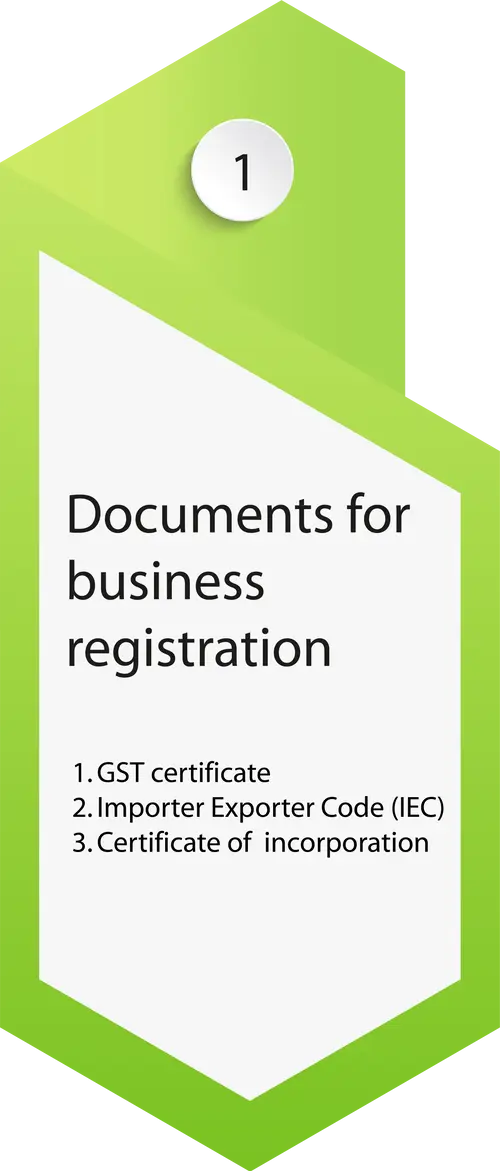
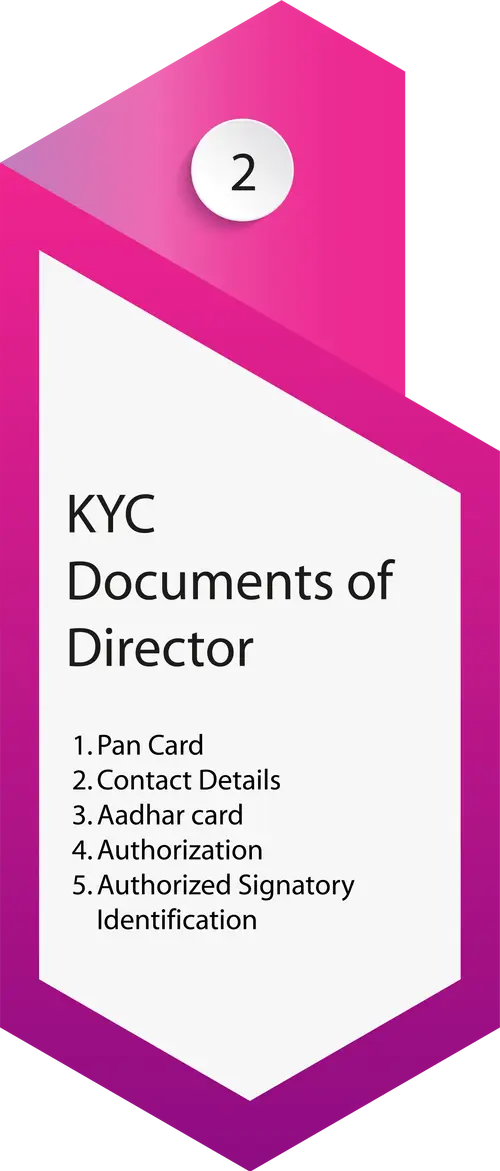
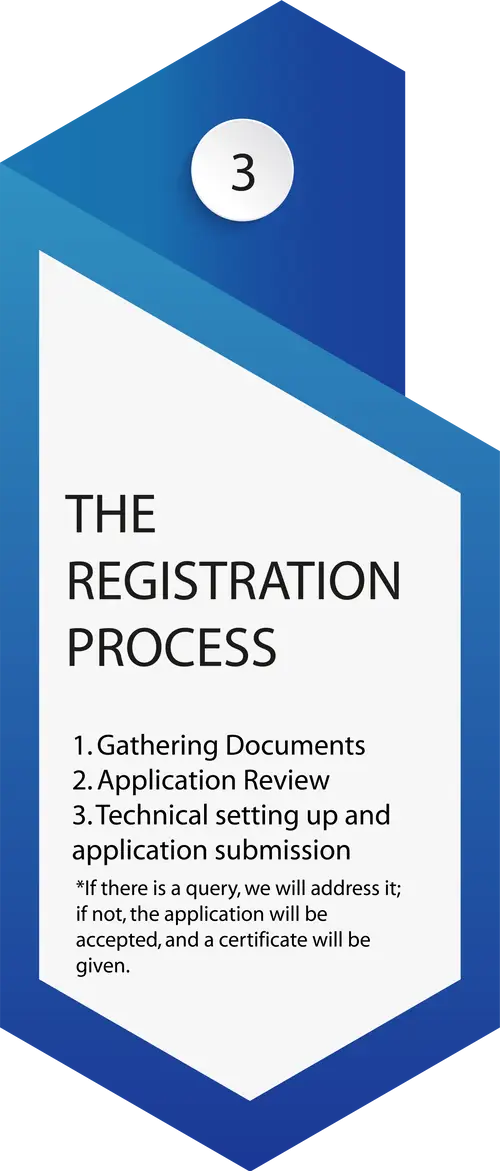
Note: Submitting complete and accurate documents is critical for CPCB to process your application efficiently. Ensure all documents are correct to avoid delays in EPR registration.
At SS Global Services, we provide end-to-end assistance, helping businesses prepare, organize, and submit all required documents so that the EPR registration process for Battery waste is fast, hassle-free, and fully compliant with regulatory standards.
Get Service NowTypes of Batteries Covered Under EPR
The Battery Waste Management Rules, 2022 issued by the Government of India make it mandatory for producers, importers, and brand owners to comply with EPR norms for all categories of batteries. Whether you manufacture or import batteries, or sell products with inbuilt batteries, EPR Registration is essential for legal compliance.
Here are the four major types of batteries covered under EPR:
- 1. Portable Batteries
These are small, lightweight, and commonly used batteries found in everyday electronic devices such as mobile phones, laptops, cameras, toys, and household appliances. Since they are widely used by consumers, proper collection and recycling are critical to prevent environmental damage.
Examples: AA/AAA batteries, button cells, lithium-ion batteries in mobiles and gadgets.
- 2. Automotive Batteries
Automotive batteries are rechargeable batteries designed to provide power to vehicles such as cars, two-wheelers, trucks, and other transport vehicles. These are typically lead-acid batteries that require safe disposal and recycling due to their hazardous components.
Examples:Batteries used in solar systems, telecom towers, data centers, and industrial UPS systems.
- 3. Industrial Batteries
Industrial batteries are large, durable batteries used to power heavy machinery, backup systems, and industrial equipment. They usually have a higher capacity compared to portable or automotive batteries and are often used in large-scale applications.
Examples: Batteries used in solar systems, telecom towers, data centers, and industrial UPS systems.
- 4. EV (Electric Vehicle) Batteries
With the rapid growth of the electric vehicle industry in India, EV batteries form a significant part of EPR compliance. These high-capacity lithium-ion batteries power electric cars, bikes, and commercial EVs. Since they contain valuable metals and hazardous materials, their proper collection and recycling are vital for both safety and sustainability.
Examples: Lithium-ion batteries in electric cars, scooters, and e-rickshaws.

Note: All the above battery types are strictly regulated under CPCB guidelines. Producers must ensure proper collection, recycling, and disposal through an authorized network to meet their annual EPR targets.
Get Service NowPenalties for Non-Compliance with EPR Battery Waste Rules
The Indian government has made Extended Producer Responsibility (EPR) for batteries a mandatory compliance under the Battery Waste Management Rules, 2022. Producers, importers, and brand owners who fail to register or comply with these rules face strict legal actions and financial penalties.
Non-compliance does not just affect a company’s reputation — it can also result in suspension of business operations, cancellation of licenses, and heavy fines.
- Environmental Compensation (EC):
If a producer fails to meet their EPR obligations, the Central Pollution Control Board (CPCB) can impose Environmental Compensation (EC). This is a financial penalty calculated based on the shortfall in collection or recycling targets
- Suspension or Cancellation of Registration:
Non-compliant companies may face suspension or cancellation of their EPR Registration with CPCB. Without valid registration, a company cannot legally manufacture, import, or sell batteries or products containing batteries in India.
- Legal Proceedings under the Environment Protection Act:
In serious cases, legal action may be initiated under the Environment (Protection) Act, 1986, which could lead to criminal liability, including imprisonment for responsible company officials.
- Business & Market Restrictions:
Without proper EPR compliance, businesses may face restrictions on trade, tenders, exports, or collaborations with government and private organizations that require proof of compliance.
Benefits of EPR Registration for Battery Waste
Getting an EPR registration for battery waste is more than just fulfilling a regulatory requirement—it creates long-term advantages for businesses, the environment, and society. By staying compliant, companies not only avoid penalties but also position themselves as leaders in sustainable business practices.

Key Benefits of EPR Battery Waste Certification:
- Regulatory Compliance:
With valid EPR approval, companies can continue manufacturing, importing, and selling batteries without legal hurdles. It ensures smooth operations while keeping the business aligned with the Battery Waste Management Rules, 2022.
- Environmental Sustainability:
By meeting EPR targets, businesses actively reduce battery waste pollution, promote recycling, and conserve natural resources. This supports India’s transition to a circular economy while minimizing the ecological footprint.
- Operational Efficiency:
The process of tracking waste, recycling, and compliance encourages businesses to streamline their supply chains. This often results in cost savings, better resource utilization, and improved long-term efficiency.
- Stronger Brand Reputation:
Compliance highlights a company’s responsibility toward society and the environment. Customers, stakeholders, and government authorities view such businesses as credible and trustworthy, giving them a competitive edge in the market.
- Market Expansion Opportunities:
Many global brands and large corporations prefer working only with compliant suppliers. Holding an EPR certificate builds trust and opens doors to partnerships, tenders, and new markets that demand strict environmental compliance.
- Risk Mitigation:
Non-compliance can lead to penalties, legal action, and even cancellation of business licenses. EPR registration protects companies from such risks, ensuring uninterrupted business continuity.
How SS Global Services Helps with EPR Compliance
At SS Global Services , we don’t just guide you through EPR registration — we take ownership of the entire process so you can focus on your business.
With our expert consultancy, you get clarity on every requirement under the Battery Waste Management Rules, 2022. Our team evaluates your business type, battery category, and compliance needs to create a customized roadmap for approval
We also provide complete documentation support, ensuring that every application, declaration, and compliance report is accurately prepared and submitted. This minimizes the chances of rejection and saves you valuable time
Most importantly, we offer end-to-end registration assistance — from initial consultation to final approval. Whether you’re a manufacturer, importer, or brand owner, we ensure a smooth, hassle-free process with full compliance guaranteed
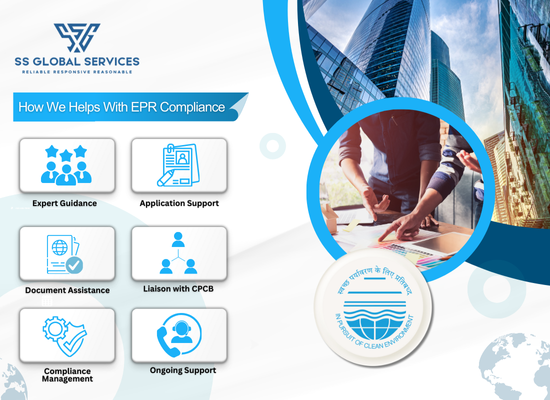
Frequently Asked Questions (FAQs)
Managing EPR compliance for batteries often raises a lot of practical queries for producers, importers, and brand owners. To make things simpler, we have compiled a list of the most commonly asked questions regarding EPR Battery Waste Registration in India. These FAQs will help you understand the requirements, documentation, process, and responsibilities under the EPR framework so that you can achieve compliance smoothly and avoid any regulatory issues.
Our Top Services
At SS Global Services, we offer a complete range of certification and compliance services tailored to meet the needs of manufacturers, importers, and brand owners. From BIS and BEE certifications to EPR, WPC, TEC, and LMPC registrations, our expert-led process ensures fast approvals, minimal delays, and full legal compliance. Our top services are trusted by startups and global enterprises alike for their accuracy, reliability, and support at every step.
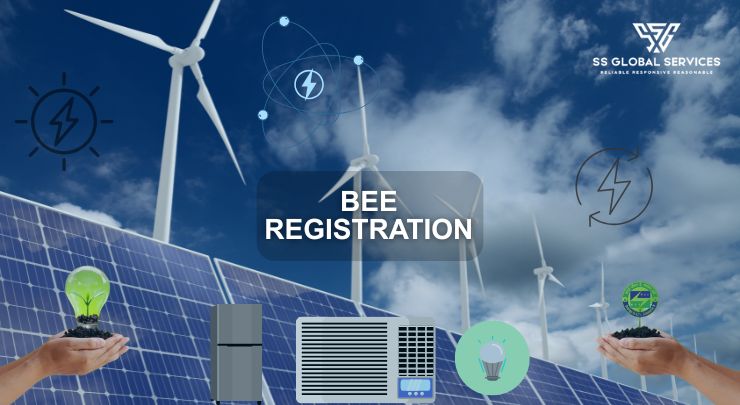
BEE registration for electrical appliances ensures energy efficiency compliance in Indian markets.

Mandatory CRS registration for electronics under BIS ensures product safety and performance compliance.
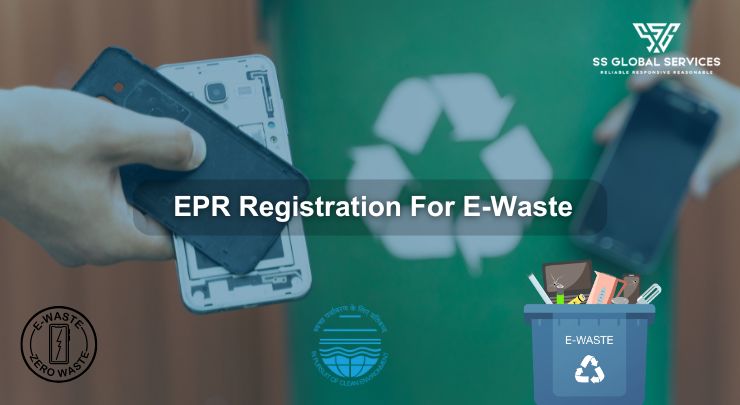
Register under CPCB's EPR policy to manage and dispose of e-waste responsibly and lawfully in India.
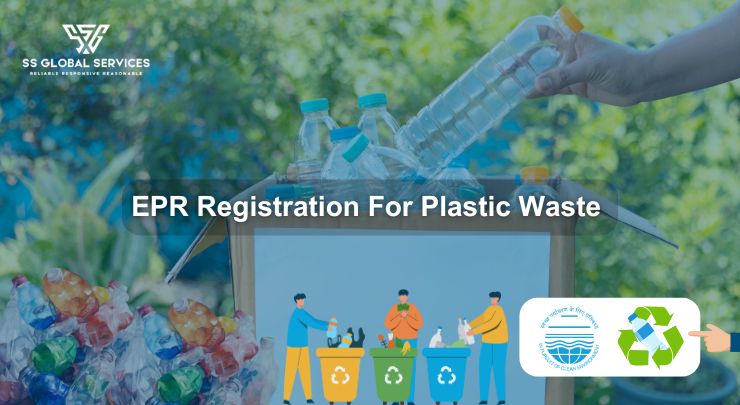
Plastic waste certification under EPR ensures legal compliance for producers and brand owners in India.

Battery waste registration ensures safe handling, recycling, and regulatory compliance for all producers.
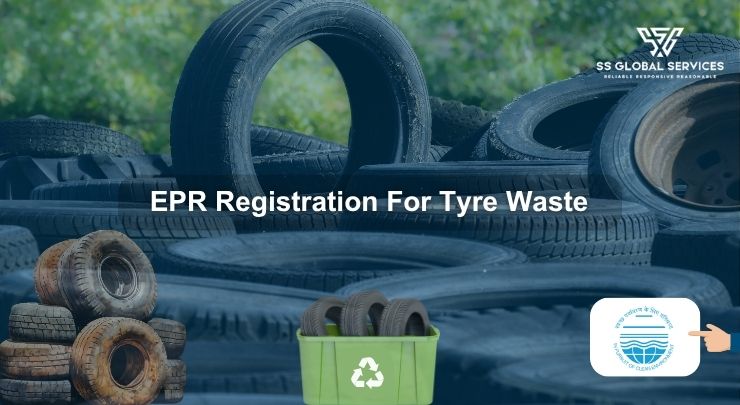
Tyre producer registration to comply with EPR norms and sustainable waste disposal systems.
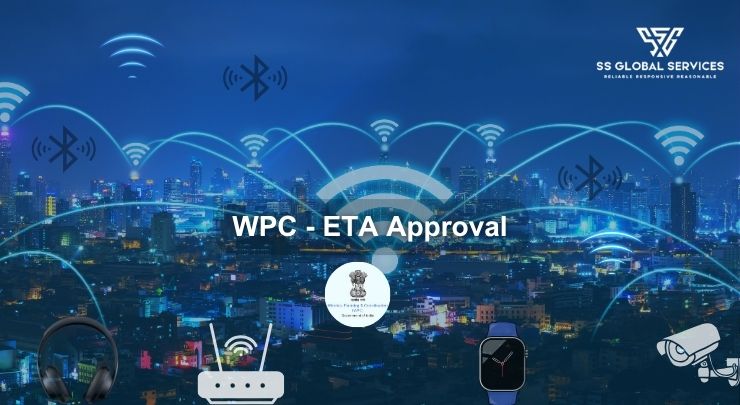
Mandatory ETA approval from WPC for importing RF-enabled wireless, Wi-Fi, and IoT devices in India.
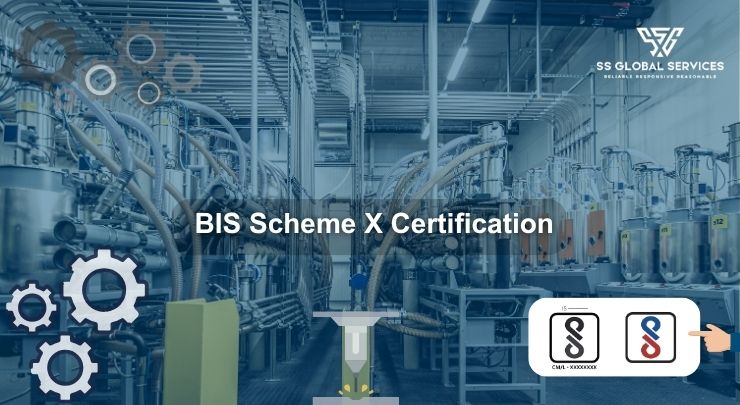
Certification under BIS Scheme-X is mandatory for specific products as per Indian regulatory standards.

Telecom and networking devices must be certified under TEC/MTCTE to be legally sold or used in India.
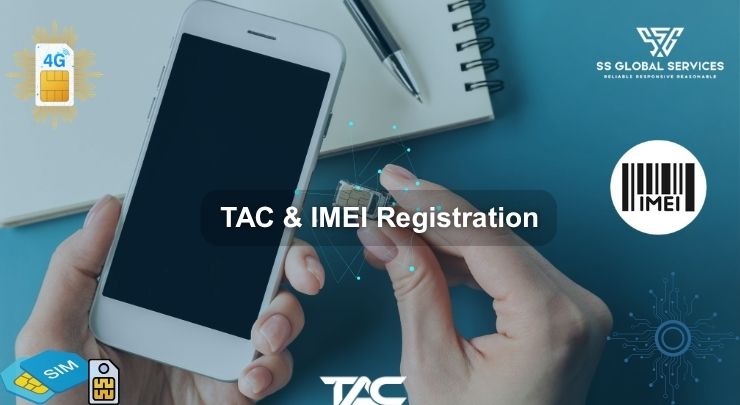
TAC and IMEI registration is required to legally import and sell mobile devices in the Indian market.
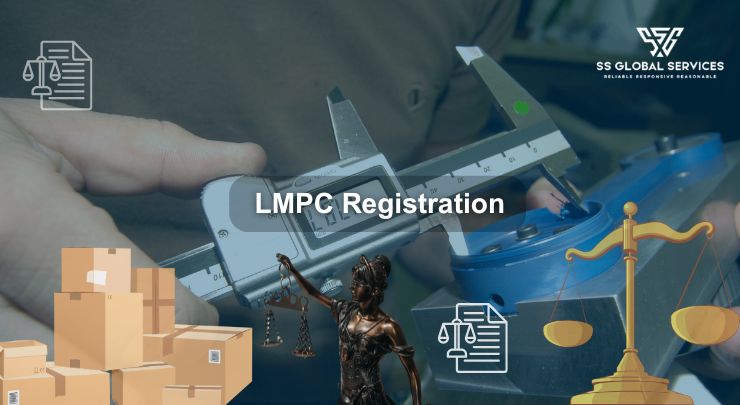
Legal Metrology registration for importers ensures proper labelling and packaging of goods in India.
Request Service Today!
Ready to get certified or need expert compliance support? Fill out the form below and our team at SS Global Services will connect with you shortly.
We offer fast, reliable, and hassle-free assistance for all BIS and regulatory certification needs.